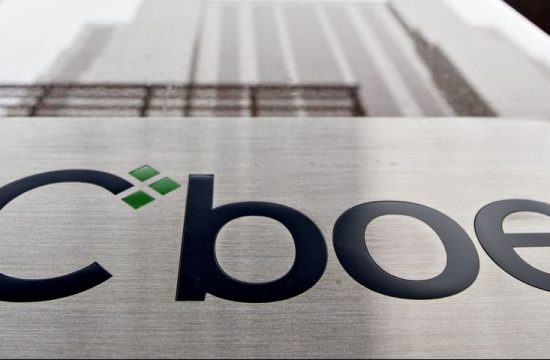 Huobi Japan, the cryptocurrency exchange which was created through a merger between Huobi Group and Bit Trade is now a wholly-regulated cryptocurrency exchange and is supervised by Financial Services Agency in Japan.
Huobi Japan, the cryptocurrency exchange which was created through a merger between Huobi Group and Bit Trade is now a wholly-regulated cryptocurrency exchange and is supervised by Financial Services Agency in Japan.
Japan through its amendment in the Payment Services Act in 2017 requires every domestic crypto exchange to register with FSA. Japan is the largest cryptocurrency market, and compliance is valued significantly by the traders, and also the Japanese crypto market is the most compliant and regulated one in the world.
Huobi Group bought a majority stake in Bit Trade which is licensed by the FSA to operate in the Japanese market. Huobi Japans offers its clients trade in Ethereum, Bitcoin Cash, Ripple, Bitcoin, and MonaCoin. The exchange is known for its security, service and stability features. It has specialized distributed architecture, A+ ranked SSL certification and DDoS system.
Huobi Group Founder and CEO, Leon Li commented on the important milestone:
“This is an important milestone for us. Firstly, because the Japanese market is a very important one to us and, secondly because working with regulators is a longstanding priority for Huobi Group. We’re proud to say that Huobi Japan now has one of the first 17 licenses issued under the FSA’s ground-breaking regulatory regime.”
In order to celebrate this important milestone, the exchange is offerings its users with zero transaction fees on fiat and cryptocurrencies for a limited time.
The exchange was also in the news as it announced to lay off of its 50 per cent staff in order to stay afloat in this bear market. Despite this layoff and bear phase of the market, Chief Executive of Huobi Global, Livio Weng Xiaoqi claims that the firm’s valuation is still positive and operations are profitable. Huobi has shied away from revealing the profit numbers, but Weng Xiaoqi claims that their main earning is from the transaction fees. Its main exchange is reportedly contributing 70 per cent of its total revenue. He said:
“We do not know how long the bear market will last, so it is still possible that we will struggle to survive. We have to plan in advance and spend money carefully.”











